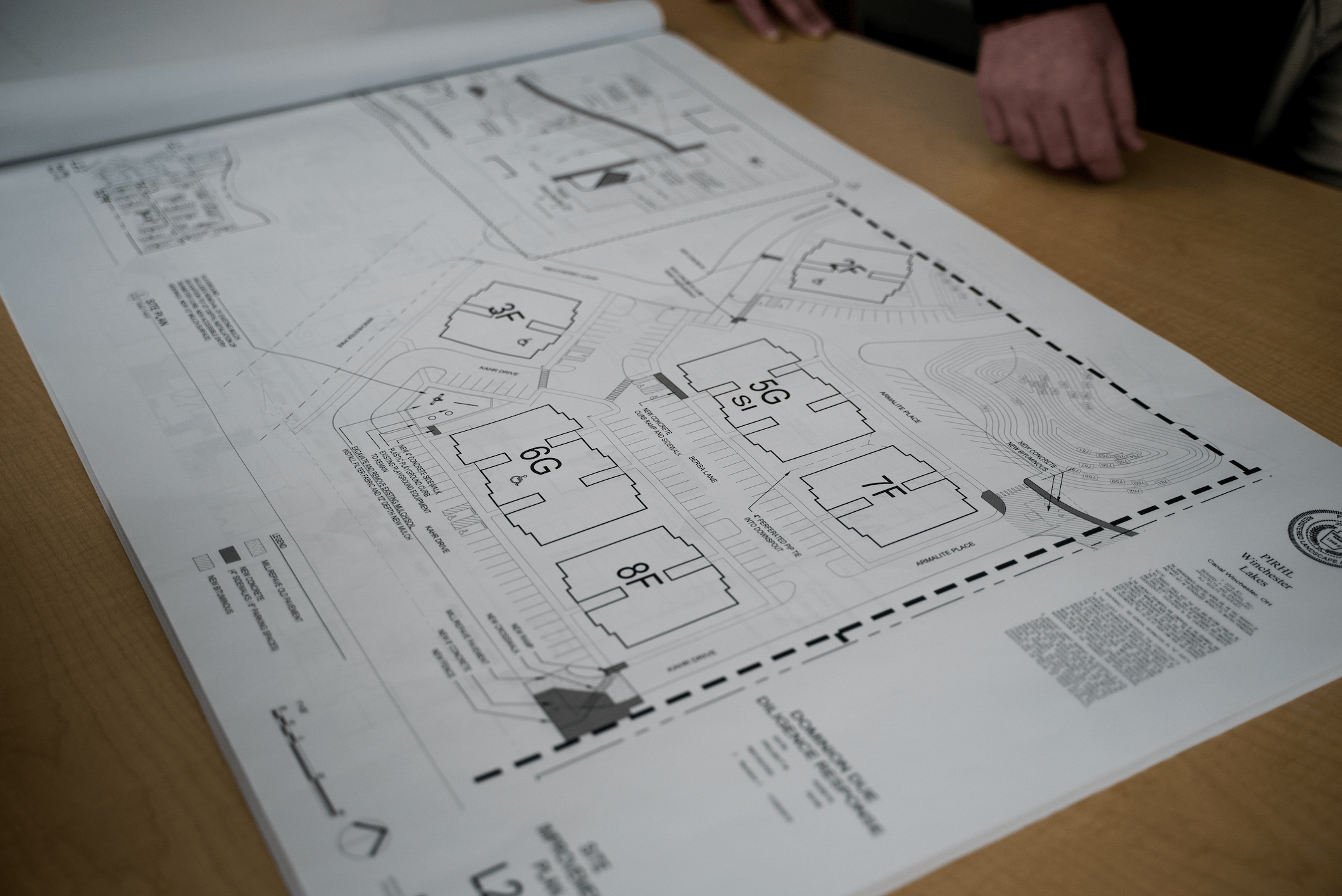HUD released their climate action plan in 2022, which had ripples in the Multifamily Accelerated Process (MAP) Lending community. In July 2023, HUD prioritized climate risk planning, requiring public housing authorities participating in the Rental Assistance Demonstration (RAD) to establish property-specific disaster plans under the RAD Supplemental Notice and raising the minimum energy efficiency standards applicable to new construction in the RAD program.
HUD released their climate action plan in 2022, which had ripples in the Multifamily Accelerated Process (MAP) Lending community. In July 2023, HUD prioritized climate risk planning, requiring public housing authorities participating in the Rental Assistance Demonstration (RAD) to establish property-specific disaster plans under the RAD Supplemental Notice and raising the minimum energy efficiency standards applicable to new construction in the RAD program. The Office of Multifamily Housing required similar protocols within their HEROS platform (HUD’s Environmental Reporting Online System) and began requiring “climate factors” to be addressed for each property and within the MAP underwriter’s loan summary documents.



The goals of the technical assistance (T/A) project were to provide quality training content to the MAP lenders and larger FHA borrowers/Developers. Subsequently, D3G hosted more than twenty-five (25) individual Climate Resilience Training sessions addressing Executive Order 14008 and Executive Order 13985 and how they apply to multifamily rental housing.
MAP lenders partaking in the training sessions include such large entities such as Berkadia, Wells Fargo, Walker & Dunlop, Merchants Capital, JLL, Dwight Capital, Capital One, Bellwether/Enterprise, and Greystone. Developers partaking in the training sessions include large FHA borrowers NCR, VOA, TMO, Fairstead, Related Companies, and Lincoln Capital. A challenge was the geographic diversity of training, so D3G employed using both remote Microsoft Teams meetings combined with purposefully placed direct meetings for larger settings.
The goals for the project were to successfully transfer knowledge to the greater real estate community to reduce reporting errors and maximizing HUD review time with regarding to climate resiliency, the FEMA National Risk Index scoring algorithm, and recommendations to make for climate abatement in multifamily housing. Additionally, discussions were held regarding current building energy codes, and the forthcoming IECC 2021 energy code adoption by HUD in 2025, as well as the HUD Green MIP reduction program.
To facilitate the Technical Assistance (T/A) training we developed a combination of technical white papers, case studies, and a detailed 20+ page power point presentation. A 60-minute training presentation was created, that included pre-questions and post questions, resulting in 90 minutes of training by Subject Matter Experts (SME) in green buildings, climate resiliency and NEPA. Greater than 160 individuals received T/A from these efforts.
Let our expertise work for you—reach out today to discover how our consulting services can efficiently meet your property needs while ensuring full compliance.